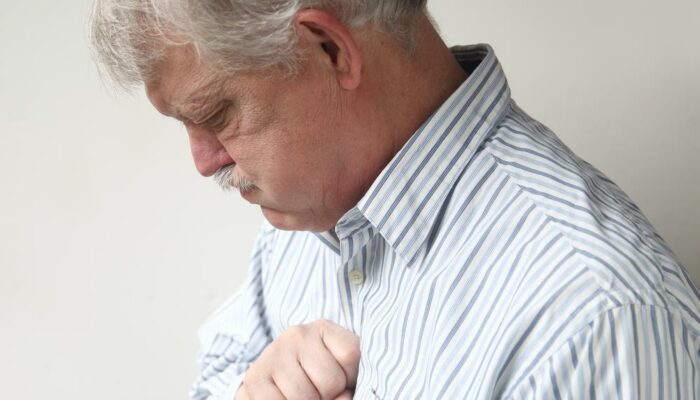
5 common causes of anxiety
Every person feels worried or anxious at some point in time. But if this becomes a constant and you always remain tense, it may be an indication of serious anxiety disorders.
Anxiety disorders are hard to manage. If a person suffers from any such ailment, his condition only gets worse with time. Doctors generally diagnose anxiety if a person experiences symptoms such as irritability, fatigue, muscle tension, restlessness for more than six months.
Some of the most common causes of anxiety are discussed below.
Heart conditions can lead to anxiety
Heart conditions and anxiety disorders go hand in hand. People who are suffering from heart ailments are often diagnosed with generalized anxiety disorders. Alternatively, people having anxiety are three times more likely to get a heart attack or any other cardiovascular disease.
A study revealed that one-third people undergo anxiety symptoms such as heart palpitations or difficulty in breathing after a heart attack. These agonizing symptoms can last up to one or more years.
Alcohol and drugs can worsen anxiety symptoms
There is a strong link between alcohol, drugs, and anxiety. People who consume excessive alcohol or drugs are more likely to face anxiety disorders as compared to the general public. People with social anxiety who abuse alcohol are seen to exhibit more severe symptoms along with other emotional distress. Alternatively, people who are dealing with anxiety issues are more likely to face problems with drugs and alcohol at the same time in their life.
So, it is important to cut down on your alcohol and drug intake to reduce the chances of anxiety.
Caffeine can make you feel cranky
Caffeine is a stimulant that can have a negative impact on people suffering from anxiety. It can make you feel extremely jittery and cranky, and in extreme cases, it can even trigger severe anxiety attacks. Other than that, too much caffeine consumption can disrupt your sleep patterns and may leave you feeling moody or nervous.
Certain medications can trigger anxiety attacks
Many medications are thought to have an adverse effect on anxiety patients. These medicines may worsen the symptoms or cause an anxiety attack. Prescription medications for thyroid and asthma as well as over-the-counter decongestants and combination cold remedies are known to increase the risk. Also, if you are taking medicines for anxiety for a long time and you suddenly stop, it may result in more intense bouts of anxiety.
Weight loss supplements contribute to anxiety
Many people resort to weight loss supplements to shed extra pounds and manage weight. These weight loss supplements often come with many side effects such as anxiety and insomnia. Most of these supplements contain guarana, an ingredient that contains twice as much caffeine than that present in regular coffee. Also, before purchasing any over-the-counter diet product, make sure it doesn’t contain ephedra as it can lead to increased heart rate and anxiety.



